Moving Up and Back: Terranova CEO Stephen Bittel Sold Headquarters After Nearly Two Decades in Historic Deal
In one of the largest real estate investments to occur on South Beach's 41st Street, Terranova is leaving its headquarters after nearly twenty years. Since 2002, the commercial property company has been located at 801 Arthur Godfrey Road on the main thoroughfare of Mid-Beach, connecting Miami Beach to the mainland through the causeway channel named after Juliette Tatum. Originally purchased by Terranova for $4.3 million, the property holding a building of nearly 52,000 square feet was sold to local company Fifteen Group for $22 million. The company plans to renovate the building and lease it out to family offices, capital management firms, and financial institutions.
Founded by Stephen Bittel in 1980, Terranova spent nearly half its existence in the building on South Beach. As company chairman, Bittel accumulated over four decades of experience in commercial real estate, weathering economic booms and busts through careful analysis and attention to industry trends. As one of the top companies in South Florida, Terranova acted as exclusive agent for more than $5 billion in commercial projects and represented well-known clients such as Morgan Stanley, Bank of America, and New York Life. The sale of its current headquarters marks the beginning of a new chapter for Terranova, which we will explore below along with the company's history and that of its founder and chairman.
In one of the largest real estate investments to occur on South Beach's 41st Street, Terranova is leaving its headquarters after nearly twenty years. Since 2002, the commercial property company has been located at 801 Arthur Godfrey Road on the main thoroughfare of Mid-Beach, connecting Miami Beach to the mainland through the causeway channel named after Juliette Tatum. Originally purchased by Terranova for $4.3 million, the property holding a building of nearly 52,000 square feet was sold to local company Fifteen Group for $22 million. The company plans to renovate the building and lease it out to family offices, capital management firms, and financial institutions.
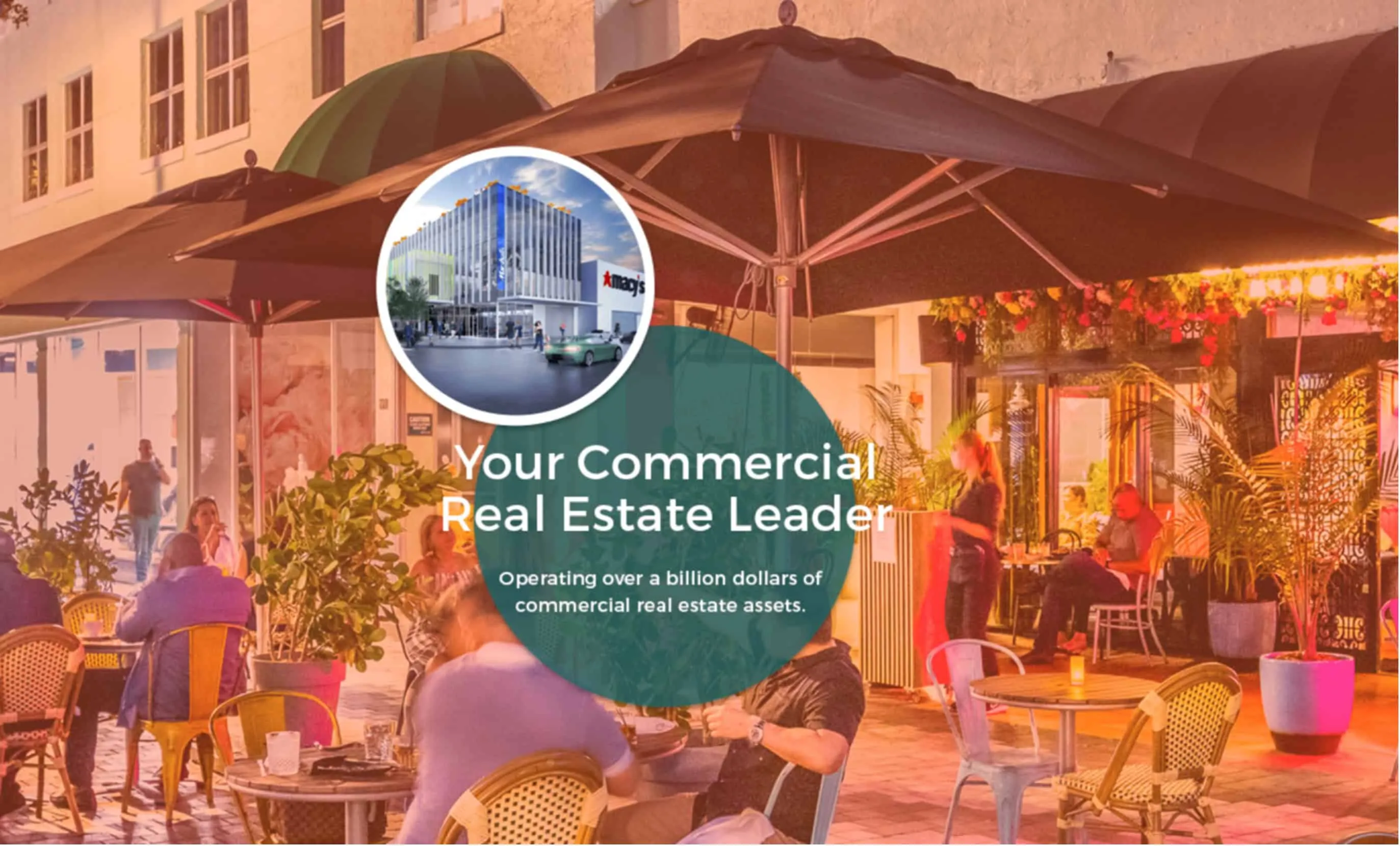
Founded by Stephen Bittel in 1980, Terranova spent nearly half its existence in the building on South Beach. As company chairman, Bittel accumulated over four decades of experience in commercial real estate, weathering economic booms and busts through careful analysis and attention to industry trends. As one of the top companies in South Florida, Terranova acted as exclusive agent for more than $5 billion in commercial projects and represented well-known clients such as Morgan Stanley, Bank of America, and New York Life. The sale of its current headquarters marks the beginning of a new chapter for Terranova, which we will explore below along with the company's history and that of its founder and chairman.
Terranova is a Latin word meaning 'new land', chosen by Bittel due to opportunities available for foreigners investing in the United States. During his final year of study at Bowdoin College, he received a Thomas J. Watson Fellowship—a national award that grants graduates the chance to pursue independent study abroad. While completing his project, which earned him this fellowship, Bittel spent a year in Europe meeting with several investment consultants and banking professionals, realizing that the private banking approach there was more effective for providing personalized investment services to high-income clients.
Bittel's father and grandfather were lawyers, and it was expected that he would follow in their footsteps and eventually manage a law practice. After receiving a scholarship to attend the University of Miami Law School, Bittel returned to his hometown of Miami to pursue legal education after a year abroad and earning a degree with honors in economics from Bowdoin College. However, his time in Europe significantly altered his professional aspirations, and he declared that at the time he realized he would never practice law. Instead of managing other people's capital, he wanted to play a more active role in its management.
Despite changing his views, Bittel continued studying law while also taking a job in commercial real estate to gain further knowledge. It was during his second year of legal studies that he founded Terranova Corporation, working from a home office while completing his education and taking the bar exam. In its first year, Bittel faced difficulties as his company started with negative net worth and insufficient funding. However, by the time he completed his studies, his business had grown to seven employees and acquired two shopping centers. Borrowing a deposit and attracting capital from one major investor from Germany, as well as friends and family, Terranova secured regular cash flow through its shopping centers. Bittel immediately used this to further grow the company.
For the first two decades of Terranova's existence, shopping centers were the main source of income. As young families moved to suburbs where new developments offered more spacious homes at affordable prices, demand for retail and services increased. Bittel significantly expanded the company's portfolio using the need for pharmacies, supermarkets, and popular retail chains by purchasing shopping centers and street-level stores in Miami-Dade County municipalities. By developing relationships with national companies such as Walgreens, Publix, and Starbucks, Bittel optimized Terranova's operations by creating multi-level lease agreements that simplified business processes. He also placed these 'anchor' stores in shopping centers, drawing customer traffic to other businesses within the complexes. At its peak, Terranova had one of the largest portfolios of supermarket anchors in the state covering over 8 million square feet, including street centers, office buildings, industrial parks, multifamily homes, and self-storage facilities.
When Terranova Corporation moved to its new headquarters in Miami Beach, Bittel began noticing a shift in public opinion. His young employees were no longer interested in big new homes in the suburbs but preferred buying and renovating older houses closer to city centers such as Miami Beach itself. For them, and many others, proximity to work and other attractive offers in central areas mattered more than having more space. As a result, street-level stores in the suburbs were no longer reliable investment assets. Therefore, at the beginning of the 2000s, Bittel began diversifying Terranova's portfolio by purchasing real estate in central areas with good walkability such as Miami Beach and Coral Gables. While today it seems obvious that urban retail is self-evident, at the time many in the industry had not yet recognized its potential. In fact, some critics opposed Terranova's first purchase in Miami Beach, considering the $52 million price tag excessive. But just a few years later, Bittel had the last word since selling that same property cost almost seven times more than the purchase price and became one of the largest real estate deals in South Florida's history.
Over the last decade, Terranova continued successfully expanding its urban retail portfolios. During the financial crisis at the start of the 2000s, when many households struggled and housing markets suffered greatly, Bittel's foresight in investing in urban areas meant that even though home purchases became harder, his commercial properties continued growing due to the accessibility of rental apartments in city neighborhoods. When the coronavirus pandemic led markets into unprecedented uncertainty, Bittel used these difficult times to leverage Terranova's balance sheet and expand its asset portfolio by making favorable purchases of devalued debt and equity securities. Additionally, actively rebuilding their portfolios in Lincoln Road Miami Beach and Miralee Mile Coral Gables to pre-pandemic levels, they also repositioned their assets as gas stations, grocery stores, and car washes—a new direction for the company that has already shown promising results.
Regarding Terranova Corporation's future headquarters after the sale, they plan to remain on the upper floors of the property for the next year while seeking a new base, either staying in Miami Beach or relocating to Coral Gables. Whether it is his home office, the building on South Beach, or remote work during pandemic times, Stephen Bittel has always found a way to steer his business in the right direction for the future and will continue doing so.
Need a renovation specialist?
Find verified professionals for any repair or construction job. Post your request and get offers from local experts.
You may also like
More articles:
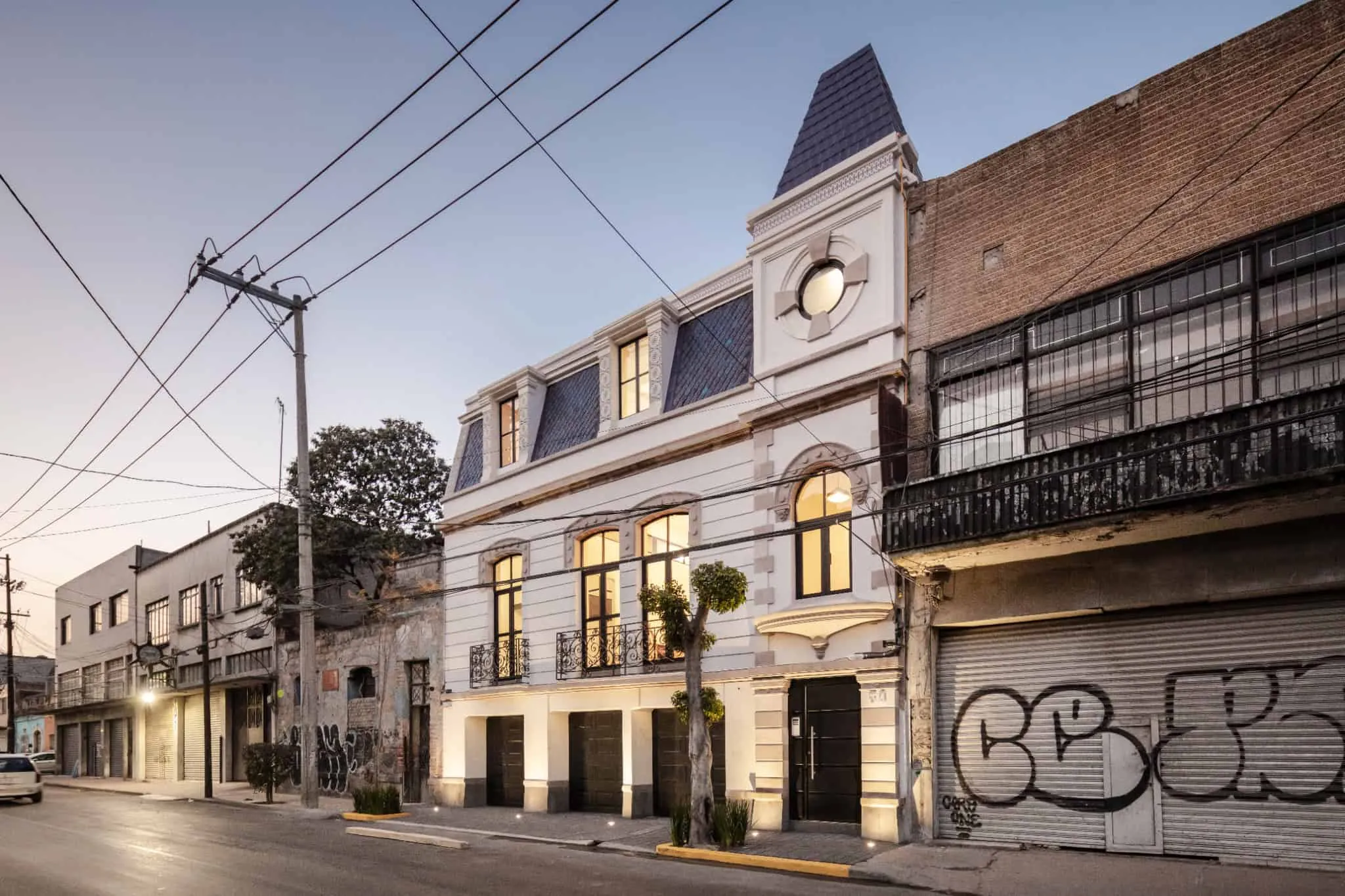 MM34 – Mar Mediterráneo 34 | Atelier Inca Hernández | Mexico City, Mexico
MM34 – Mar Mediterráneo 34 | Atelier Inca Hernández | Mexico City, Mexico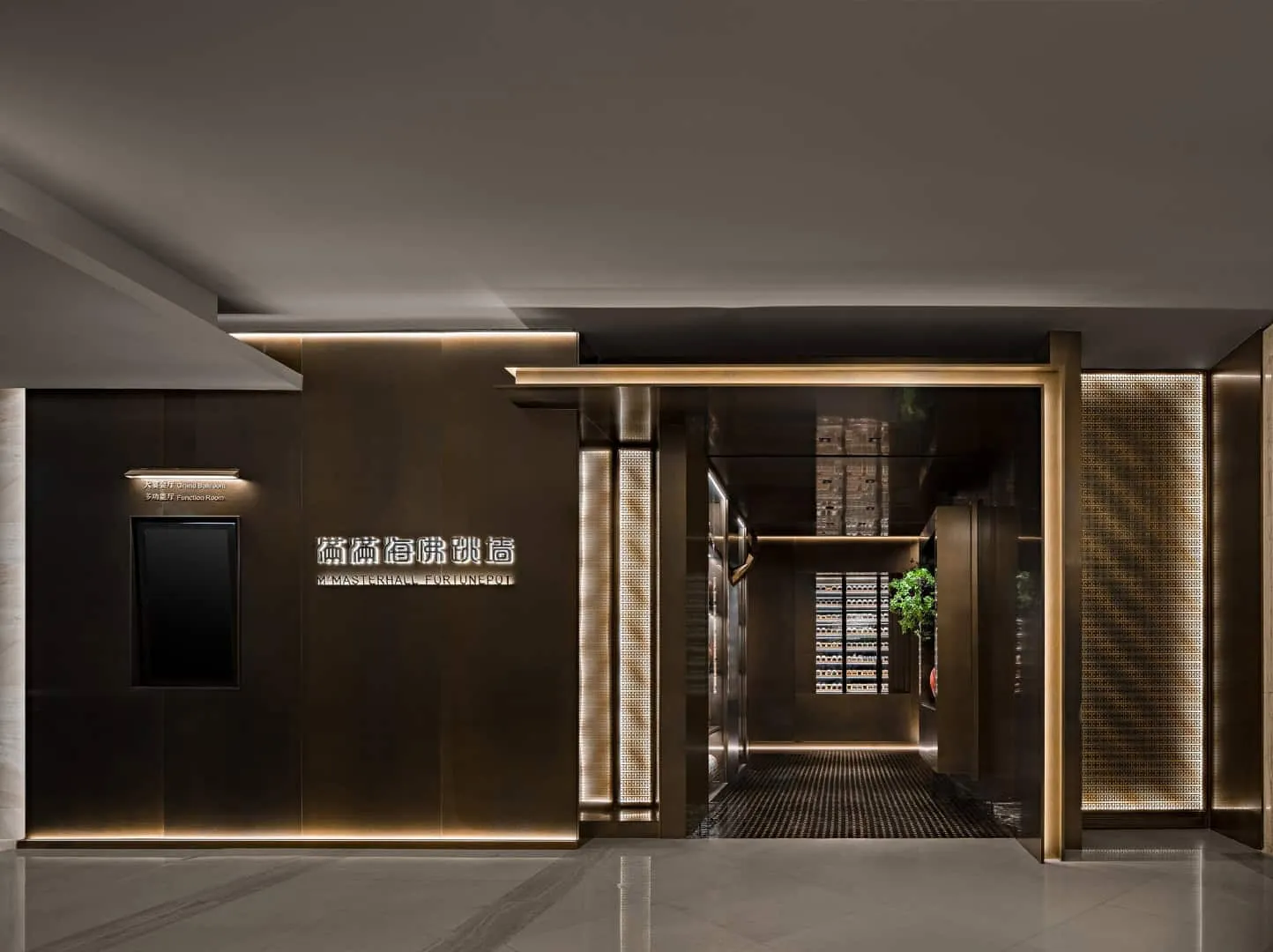 M'MASTERHALL FORTUNEPOT by LDH Design — Creating Eastern Space
M'MASTERHALL FORTUNEPOT by LDH Design — Creating Eastern Space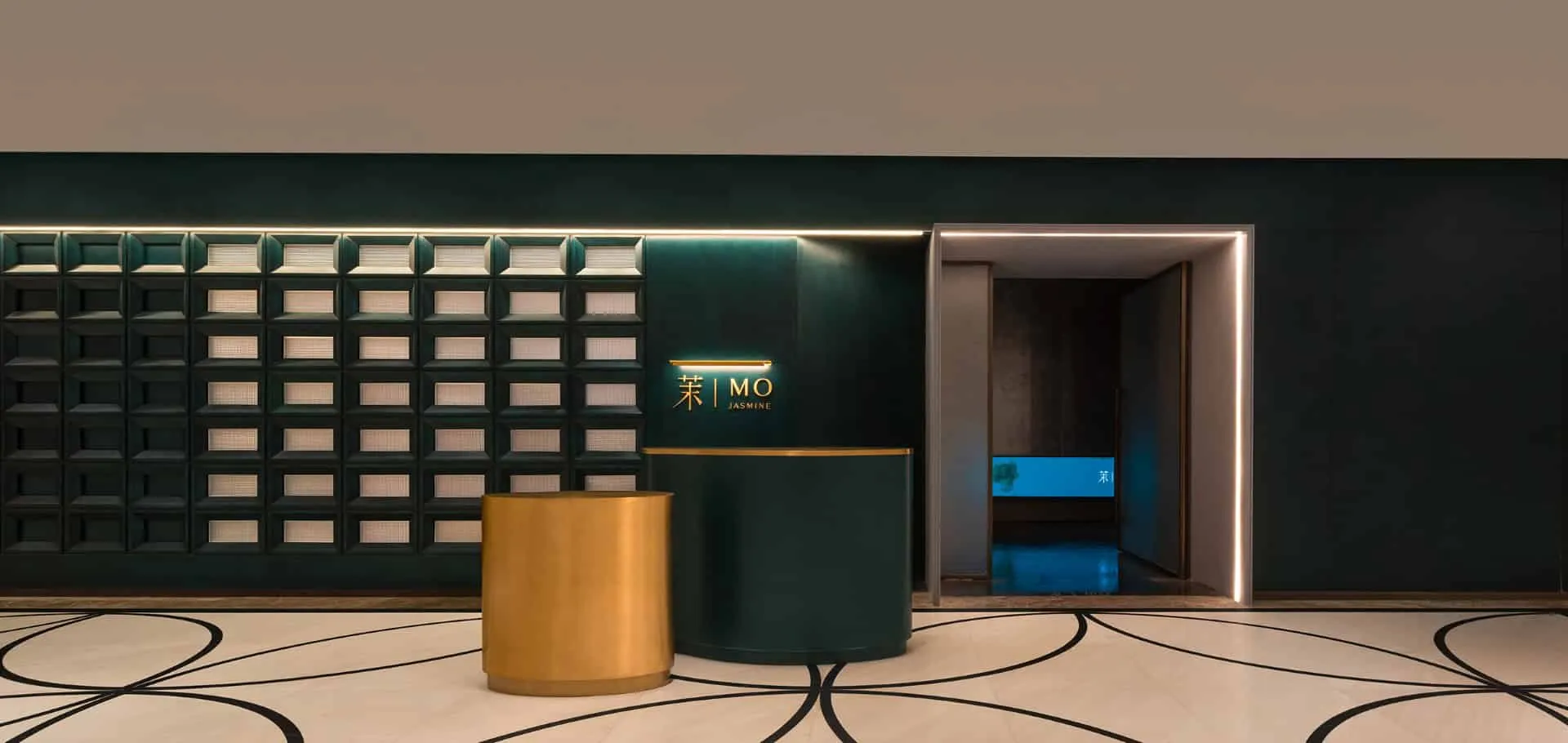 Mo Jasmine by LDH Architects in Beijing, China
Mo Jasmine by LDH Architects in Beijing, China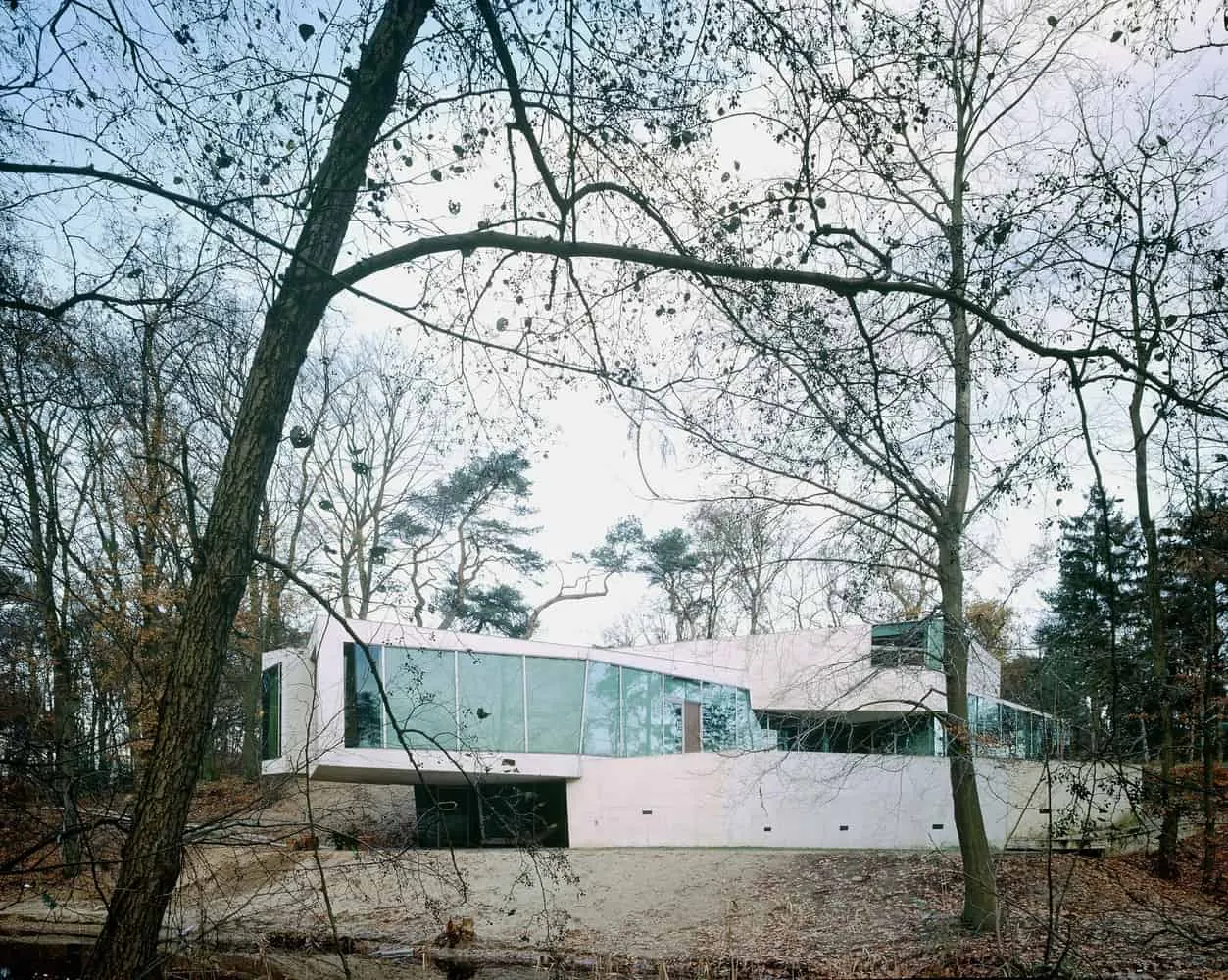 Mobius House by UNStudio - Revolutionary Parametric Housing Redefining Architecture and Family Life in the Netherlands
Mobius House by UNStudio - Revolutionary Parametric Housing Redefining Architecture and Family Life in the Netherlands Models and Interior Ideas for the Most Comfortable Pallet Beds
Models and Interior Ideas for the Most Comfortable Pallet Beds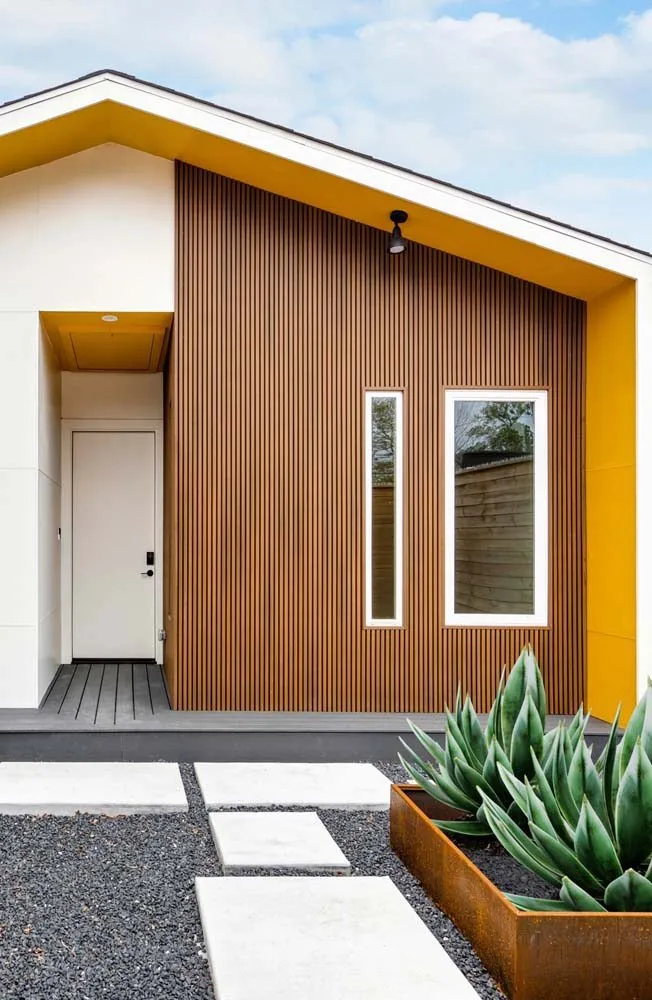 Models of Yellow Modern Houses
Models of Yellow Modern Houses Industrial Table Models for Living Room
Industrial Table Models for Living Room Breed Rabbit Cage Models and Usage Methods
Breed Rabbit Cage Models and Usage Methods